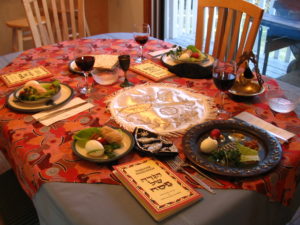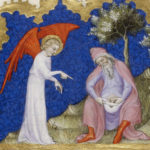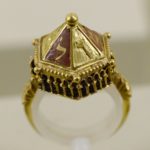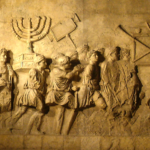Although I was raised Catholic, I went to a private preparatory school that catered mostly to upper-middle-class and upper-class Jewish families whose parents and grandparents had also attended. I was eleven years old when I enrolled and I had never met a Jewish person in my life (or so I thought) before I stepped foot on that campus.

I learned a lot in the seven years that I went to school there, and after attending more at least more than fifty bar and bat mitzvah’s and countless Passover Seders, I learned a lot more about the Jewish culture than I would have ever imagined seven years earlier.
My first Passover Seder
Of course, you can imagine my surprise upon the arrival of my first Passover Seder, held at a friend’s house, to learn about Elijah’s Cup and its significance. I was a little more than taken aback when my Jewish friend’s family members set out an extra cup of wine in hope that the prophet, Elijah, would come to dinner to announce the coming of the Messiah, who, as it turns out, was not Jesus Christ as I had been taught so many years ago in Sunday school.
What Symbolizes Elijah’s Cup?
Elijah’s Cup, for Jews, may symbolize the hope for the eventual coming of the Messiah, for me, it has remained a symbol of religious acceptance. It took Elijah’s cup to make me realize that it was not whether or not Elijah came, even though he never did, that was important; it was the hope in their eyes as they read the prayers read by generations thousands of years ahead of theirs, it was the faith in a higher power, and a desire for what they know to be unprecedented in history to occur in their presence.






